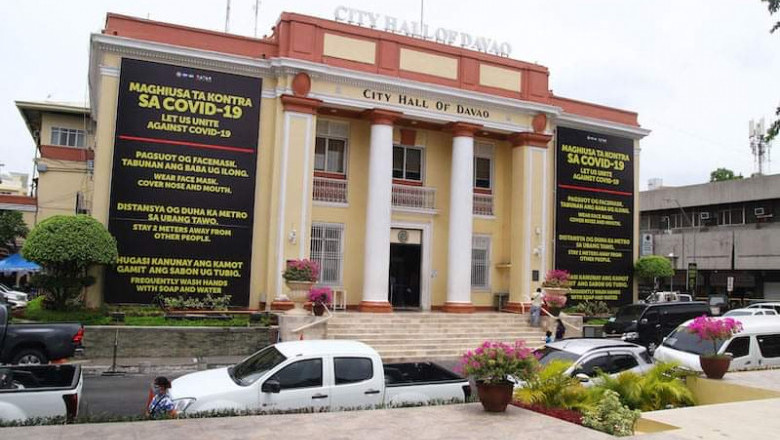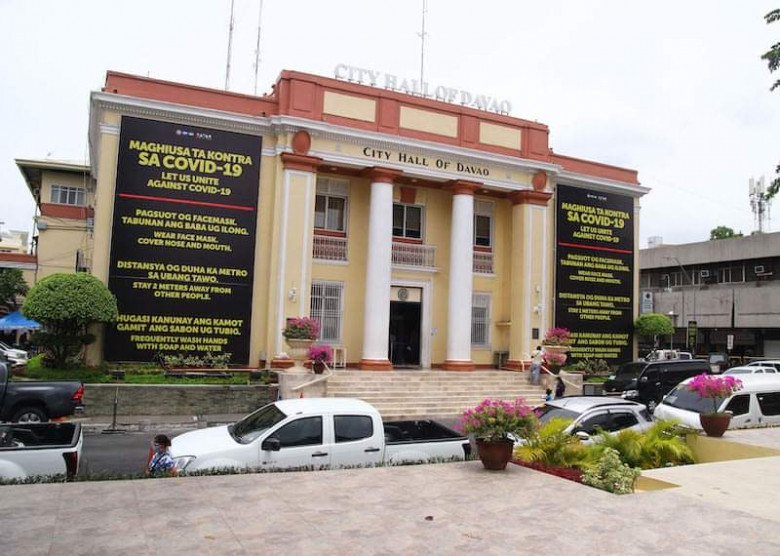
views
“We practice a first in, first out policy. If the vaccines are nearing expiration, we hasten the rollout as we don't want our vaccines to expire,” Villafuerte said in a report from the City Information Office (CIO).
She, however, admitted that every vaccination site has wasted vaccines that are collected at the end of the day. And this usually happens in far-flung areas where only a few vaccinees get themselves inoculated for the day and the vaccines could only be administered within six hours once a batch has been opened.
Villafuerte clarified the wasted vaccines due to unforeseen events were minimal.
"Sometimes, we have vaccines and only four vaccinees arrive from far locations and we can't turn them away, we really have to vaccinate them. But after six hours, we can no longer give the other vaccines,” Villafuerte said.
If there are wasted vaccines, according to her there is a reason, and it is not because of negligence.
The Department of Health (DOH) reportedly recorded 1.7 million vaccines were wasted.
In the case of Davao City, Villafuerte said some vaccines given by the national health agency to the city were nearing expiration.
"So far we don't have wasted vaccines due to expiration, we have wastage like broken bottles or the vaccine was not properly extracted or it was exposed somewhere. That's how our vaccines were wasted but we never had vaccines that went to waste due to expiration,” Villafuerte said.
Not all vaccines were donated as some were also purchased by the national government. So it's a waste of the country's resources if the vaccines expire because they are not used, she said.
Villafuerte has called on the public to visit the vaccination hubs and get their primary and booster doses of anti-COVID-19 vaccines for their protection.





















Facebook Conversations